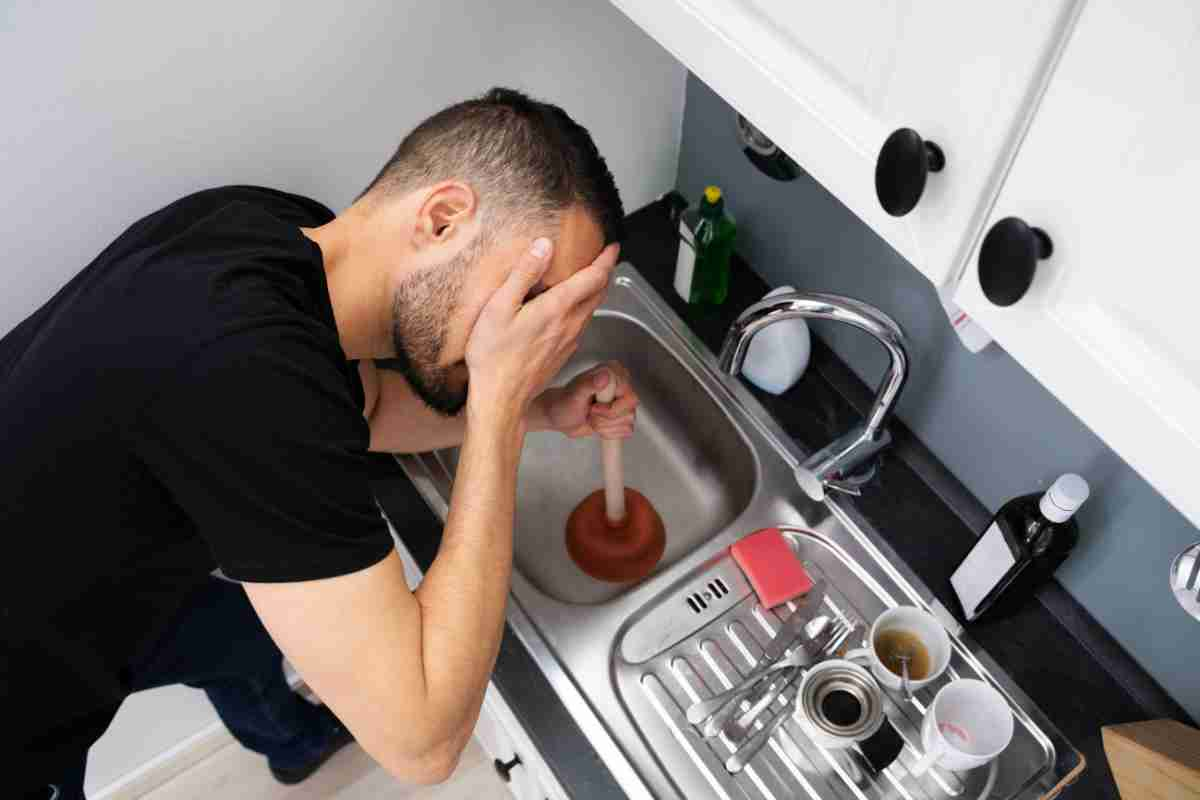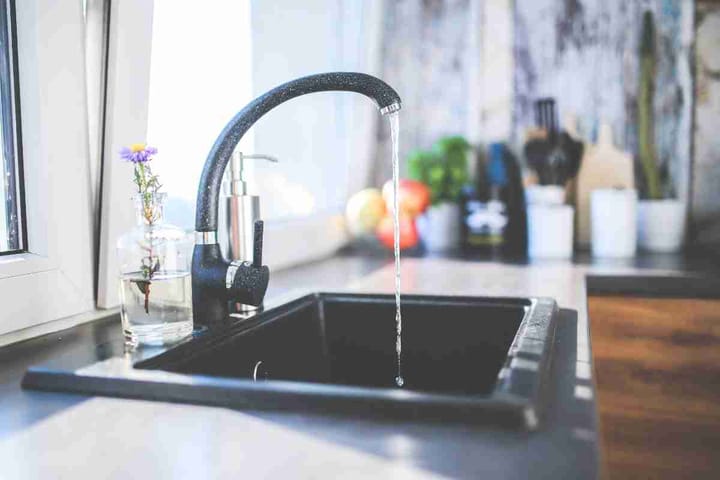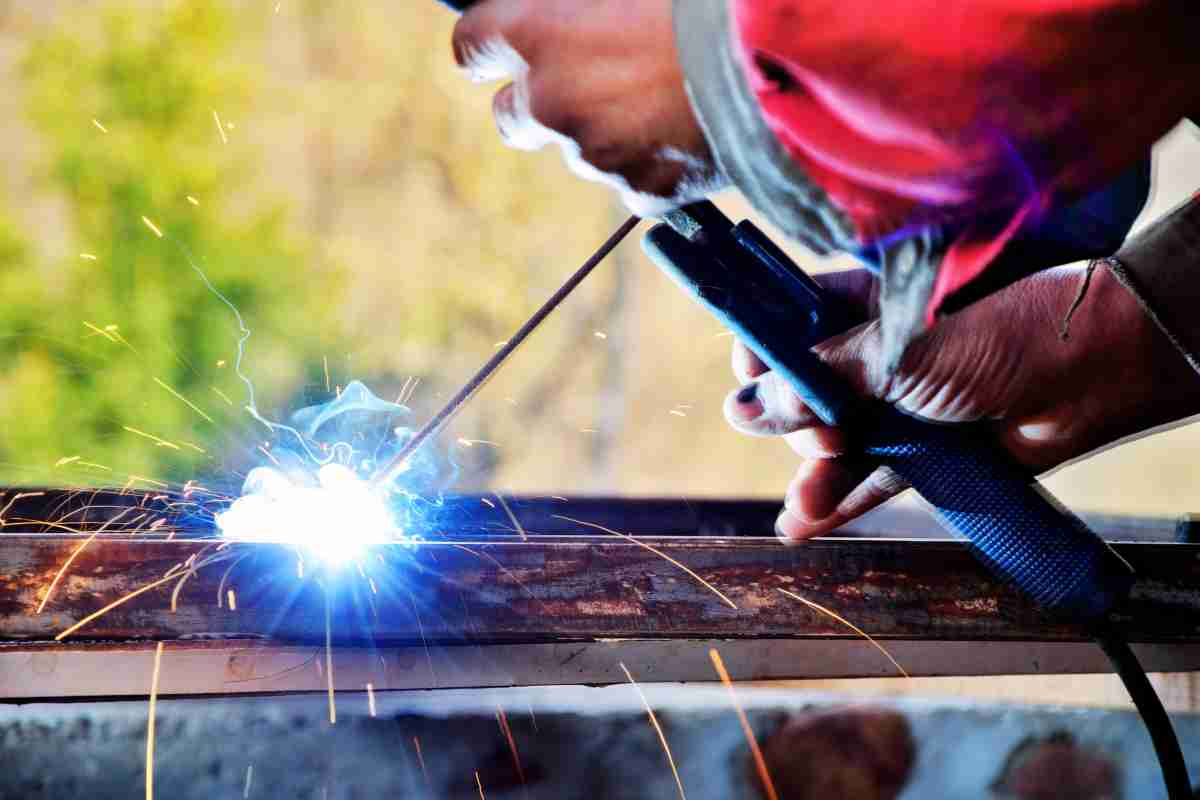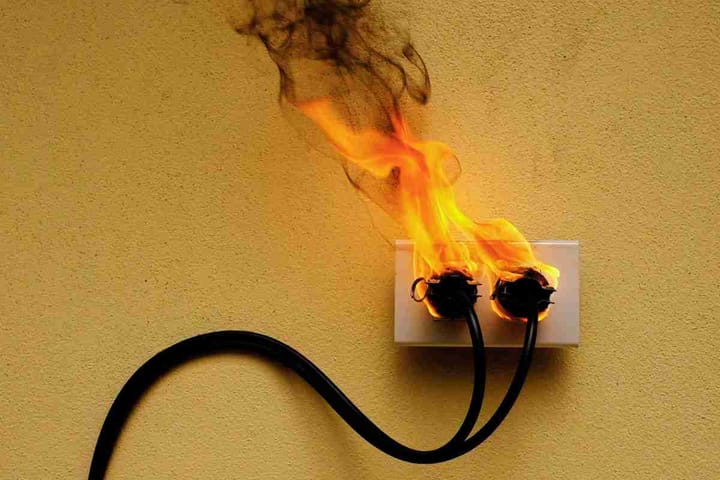Cost-Effective Plumbing: 12 Tips From A Trusted Plumbing Company
Keep your plumbing system in top shape without breaking the bank with these money-saving tips from Lakeway’s trusted plumbing experts.

Every homeowner should maintain a well-functioning plumbing system to ensure convenience and comfort. However, the costs associated with plumbing repairs and maintenance can quickly add up. To help you save money while ensuring your plumbing system remains in top shape, we've gathered valuable tips from Lakeway’s trusted plumbing company.
1. Know Your Plumbing System
If you know the basics of your plumbing system, you can quickly identify and address issues more effectively. So, it's essential to determine the location of your main water shut-off valve, water heater, and major plumbing fixtures. This will allow you to turn off the water supply in an emergency to prevent significant and costly damage.
2. Be Cautious with Chemical Drain Cleaners
When faced with a clogged drain, many people reach for chemical drain cleaners. However, these cleaning products cause more harm than good. Most over-the-counter drain (OTC) cleaners have harsh chemicals like sodium hydroxide or sulfuric acid, causing damage to pipes, especially with repeated use, harm the environment, and cause burns if they come into contact with your skin, eyes, or mouth.
According to Neighborhood Plumbing & Drain, mixing different drain cleaners can release toxic fumes. If a drain cleaner doesn't work, it can leave harmful chemicals in your pipes, leading to corrosion and potential bursts. Instead of relying on chemical drain cleaners, it's safer and more effective to call a professional plumber for drain cleaning.
3. Prevent Clogged Drains
Clogged drains are one of the most common plumbing problems that can often be prevented with a few simple measures. Hair causes clogs in bathroom tubs and showers. Catch the hair by using a mesh drain cover to prevent it from going down the drain.

Soap residue can coat the interior walls of pipes, leading to clogs. To prevent this issue, use liquid soap instead of bar soap and in moderation. Toilet clogs often occur when non-flushable items, like paper towels and baby wipes, are flushed. Additionally, consider using enzyme-based drain cleaners to break down organic matter without harming your pipes.
4. Prevent Backflow to Protect Your Water Supply
Backflow involves water flowing in the opposite direction in your pipes, often due to changes in water pressure, contaminating the clean water supply with polluted water. This issue is particularly concerning in potable water systems used for drinking and cooking. Backflow can introduce harmful substances and bacteria, posing significant health risks. Installing backflow prevention devices at potential cross-connections and ensuring regular maintenance and testing by certified professionals can safeguard your water quality.
Investing in backflow prevention is cost-effective as it prevents costly repairs and health risks. Regular testing and prompt replacement of malfunctioning parts ensure the effectiveness of these devices, protecting public health and the integrity of your plumbing system. This proactive approach saves money in the long run by avoiding the high costs associated with waterborne illnesses and extensive plumbing repairs.
5. Insulate Your Pipes
As temperatures drop in the winter, one of the most crucial steps a homeowner can take is to insulate their pipes. This simple measure helps prevent the water inside from freezing, which can lead to pipes bursting and causing extensive water damage. Frozen pipes can rupture due to the expansion of water as it freezes, leading to costly repairs for damaged furniture, appliances, walls, and even the home’s foundation. Insulating your pipes is a proactive approach that can save you from significant expenses.
Beyond preventing frozen pipes, pipe insulation offers several additional benefits. It minimizes heat loss, leading to greater energy efficiency and lower utility bills, as the water inside the pipes retains its temperature longer. Insulation also combats condensation, reducing the risk of rust and corrosion and extending your plumbing system's lifespan.
6. Avoid Putting Food Waste Down the Drain
One of the primary causes of clogged sewer lines is food scraps and cooking grease. Many homeowners mistakenly believe that having a garbage disposal means they can put any type of food down the drain, but this is not true. Even with a garbage disposal, some food items can cause significant blockages. It’s essential to dispose of most food scraps in the trash to prevent sewer line clogs and maintain a smoothly functioning plumbing system.
Some of the most problematic foods for garbage disposals and sewer lines include grease, fats, and cooking oils, which can harden and cause clogs. Coffee grounds, eggshell pieces, and starchy foods like pasta and rice can also expand and create blockages. Orange and banana peels, stringy vegetables, and tough foods like bones and meat can wrap around the disposal blades or be difficult to break down.
7. Address Noisy Water Heaters Promptly
If your water heater is making crackling or popping noises, it's a sign of mineral and sediment buildup. This decreases the heater's efficiency and lifespan. To prevent further issues, call an emergency plumber in Lakeway or your area to flush the tank and perform a maintenance tune-up.
8. Consider Tankless Water Heaters
Tankless water heaters are energy-efficient as they heat water only when needed, which significantly reduces energy consumption and lowers utility bills. Their compact design saves space, making them ideal for homes with limited storage. With a lifespan of up to 20 years, they require fewer replacements and maintenance, further cutting costs.
Furthermore, tankless water heaters provide an unlimited supply of hot water, ensuring continuous comfort and convenience. Investing in a tankless water heater is a cost-effective choice that offers substantial long-term savings and benefits.
9. Schedule Regular Plumbing Maintenance
Regular maintenance identifies and addresses potential issues before they become major problems, saving you money in the long run. Key tasks include inspecting for leaks in faucets, pipes, and appliances, scheduling professional drain cleaning every few months, flushing your water heater annually, and ensuring your water pressure is within the recommended range to prevent strain and leaks.
Knowing when to call a professional plumber is also important. Burst pipes, water and sewer line problems, low water pressure, and water heater repairs require advanced tools and expertise. Attempting to fix these plumbing issues yourself can lead to more significant damage and costly repair costs. Professional plumbers can handle these problems safely and effectively, ensuring lasting solutions.
10. Decide Between Water Line Repair or Replacement
When faced with a problem in your main water line, determining whether to repair or replace it is crucial. If the plumbing damage is minor and can be fixed without significant property disruption, a repair is often the best option. This is also true if you need a temporary solution because you plan to sell the property or replace the line later. Repairs can be cost-effective and less invasive, making them suitable for limited damage scenarios.
On the other hand, if the pipe is over 50 years old and has a history of issues, replacement is usually the better choice. Additionally, if the damage is extensive and repairing it would cost half or more of the replacement cost, it makes more sense to replace the entire line. Replacing an old or extensively damaged pipe can prevent future issues and save money in the long run by providing a more permanent solution.
11. Know When to Consider Repiping Your Home
Deciding whether your home needs repiping involves considering several factors. Frequent leaks and pipe repairs are major indicators. If you experience multiple leaks or ongoing repairs, it might signal deteriorating pipes that require a complete replacement. Continuous issues with leaks often point to underlying problems such as corrosion or outdated materials. Repiping can be more cost-effective than repeatedly fixing leaks, as new pipes will eliminate frequent repairs and provide a long-term solution.
Other signs that repiping might be necessary include low water pressure and discolored water. Low water pressure can result from corroded or clogged pipes, while discolored or smelly water indicates rust or contaminants in the pipes. If you notice any of these issues, it's crucial to have a plumber inspect your plumbing system. Addressing these problems promptly with repiping services can restore your home's water quality and ensure a reliable plumbing system.
12. Protect Your Plumbing from Tree Roots
Tree care is also essential in the proper and cost-effective maintenance of your plumbing system. As trees grow, their roots naturally seek water and nutrients, which can lead them directly to your sewer and water lines. These roots can penetrate pipes, causing blockages, slow drainage, leaks, and even pipe breakage. To avoid these costly issues, it's essential to protect your plumbing system from root intrusion.
Preventive measures include installing root barriers around pipes and sewer lines to keep roots at bay and avoiding planting trees near underground plumbing. Additionally, choose tree species with less aggressive root systems. For existing root problems, plumbers can use hydrojetting, a technique that employs high-pressure water streams to clear blockages caused by roots.
Conclusion
Plumbing problems can be a huge inconvenience for homeowners. So, it’s important to follow the tips above to maintain a cost-effective plumbing system, prevent and address common issues, and make informed repair and replacement decisions. Remember, while DIY plumbing fixes can be tempting, certain plumbing problems are best left to the professionals to avoid costly mistakes.




Comments ()